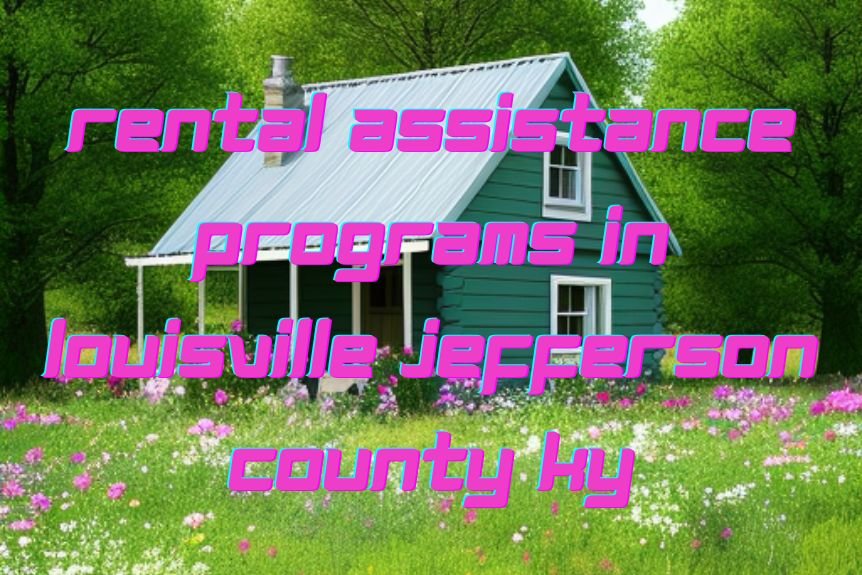You might be thinking that finding reliable financial assistance programs can be a daunting task, but in Wisconsin, there are three key programs that can provide substantial support when needed.
Emergency Assistance for families caring for children under 18, the Debt Management Program by Money Fit, and Healthcare Support programs managed by the Wisconsin Department of Health Services stand out as vital resources for those facing financial challenges.
Understanding the eligibility criteria and benefits of these programs can significantly impact your financial well-being and future stability.
Housing and Utilities Assistance Programs

If you’re a Wisconsin resident in need of financial support for housing and utilities, consider exploring the various assistance programs available to help alleviate your financial burdens.
One significant program to look into is the Energy Assistance Program (WHEAP), which aims to assist low-income households with their heating and electric costs. This program provides financial aid to eligible individuals to help cover a portion of their energy bills during the winter months, ensuring that families can stay warm without facing excessive financial strain.
Additionally, the Low Income Home Energy Assistance Program offers crucial support by helping eligible households manage and meet their energy needs. Through financial assistance and outreach initiatives, this program plays a vital role in ensuring that vulnerable populations have access to essential utility services.
Food Assistance Programs

Exploring the realm of food assistance programs in Wisconsin reveals a crucial support system for low-income families seeking nutrition benefits through programs like FoodShare Wisconsin (SNAP). FoodShare Wisconsin, also known as the Supplemental Nutrition Assistance Program (SNAP), offers vital assistance to low-income individuals and families by providing them with funds to purchase nutritious food. The program operates through a Quest card, functioning like a debit card, accepted at authorized retailers and farmer’s markets.
Here is a breakdown of some key facts about FoodShare Wisconsin (SNAP):
| Program | Description | Eligibility |
|---|---|---|
| FoodShare Wisconsin (SNAP) | Provides nutrition benefits for purchasing healthy food | Based on income, household size, and expenses |
| Quest Card | Functions like a debit card at approved locations | Available to eligible individuals and families |
| Benefits | Vary based on individual circumstances | Aim to reduce hunger and improve nutrition |
Food assistance programs play a vital role in supporting low-income families, ensuring they can meet their basic food needs and improve their overall well-being.
Healthcare Financial Support Programs

Investigating healthcare financial support programs in Wisconsin reveals a comprehensive system aimed at providing essential medical assistance to low-income individuals and families. The Wisconsin Home Energy Assistance Program (WHEAP) and Income Home Energy Assistance are initiatives that assist with energy costs, ensuring families can afford basic utilities while prioritizing their health needs.
The Department of Health Services coordinates various programs to enhance access to healthcare for those in need. BadgerCare Plus stands out by offering health insurance coverage to low-income residents, guaranteeing essential medical services. Community clinics play a crucial role in providing free or low-cost healthcare services to individuals facing financial constraints.
Additionally, Wisconsin prioritizes dental care services, ensuring affordable treatment options for those seeking oral health support. For senior citizens, SeniorCare offers prescription drug assistance, catering specifically to residents aged 65 and older. Overall, Wisconsin’s healthcare financial support programs demonstrate a commitment to addressing the diverse medical needs of its low-income population.






